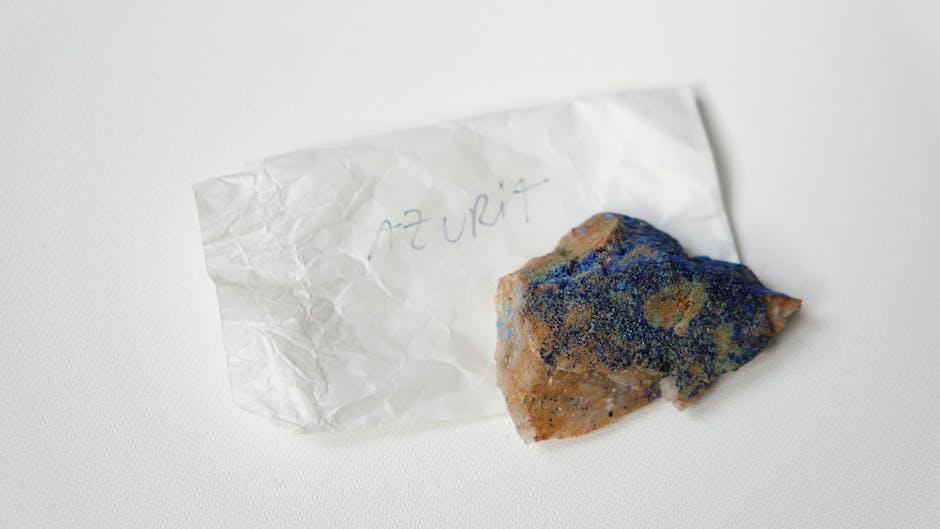In the realm of fantasy role-playing games, there is one name that stands above the rest as the progenitor of the genre and a cultural phenomenon: Dungeons & Dragons (D&D). After decades of shaping the imaginations of millions around the world, it seems that D&D has embarked on a new era of popularity, making it a household name once again.
D&D was first introduced to the world in 1974 by Gary Gygax and Dave Arneson. The game quickly gained a dedicated fan base of avid players who delighted in the opportunities it provided to create their own adventures and assume the roles of mighty heroes. For many years, D&D remained a favorite pastime of enthusiasts and a staple of the gaming community but failed to enjoy widespread recognition.
However, in recent years, D&D has experienced a remarkable resurgence. One of the driving forces behind this revitalization is the rise of technology and the impact of social media. Online platforms such as Twitch and YouTube have allowed players to livestream their gaming sessions and share their experiences with a broader audience. As a result, D&D has gained exposure like never before, attracting newcomers and reigniting the passion of those who played it in the past.
The game has also found itself more present in popular culture. In hit television shows such as ”Stranger Things,” the characters’ love for D&D is showcased to a wide audience, introducing the game to a new generation of fans. Moreover, celebrities like Stephen Colbert and Vin Diesel have publicly declared their fondness for the game, further increasing its visibility and mainstream appeal.
Another significant factor contributing to D&D’s resurgence is its accessibility. In response to changing demographics and the evolving desires of players, D&D creators have introduced new editions of the game that streamline its rules and mechanics, making it easier for beginners to jump in. Additionally, Wizards of the Coast, the company behind D&D, has placed a renewed emphasis on inclusivity and representation, ensuring that the game is open and welcoming to players of all backgrounds.
Furthermore, the COVID-19 pandemic played an unexpected role in D&D’s resurgence. As social distancing measures limited in-person gatherings, many turned to online platforms to connect with friends and find entertainment. D&D provides the perfect avenue for virtual social interaction, offering a shared experience that transcends physical distance. With the help of applications such as Roll20 and Discord, people are now able to engage in epic quests and forge friendships, all from the comfort of their own homes.
Beyond its impact on gaming and entertainment, D&D is also recognized for the numerous cognitive and social benefits it provides. The game promotes creativity, problem-solving, teamwork, and communication skills. Players must think on their feet, strategize, and collaborate with fellow adventurers to overcome obstacles. Moreover, D&D encourages imagination and storytelling, allowing players to develop characters with rich backstories and intricate personalities.
As D&D continues to gain momentum, it has become clear that the game is more than just a fantasy game; it is a cultural phenomenon. With its blend of nostalgia, accessible gameplay, and accessible online platforms, D&D has once again captured the hearts and imaginations of people worldwide. The game’s enduring popularity reminds us of the power of storytelling, camaraderie, and the human need for imaginative escape – elements that have allowed it to transcend its status as a niche hobby and become a true household name.

